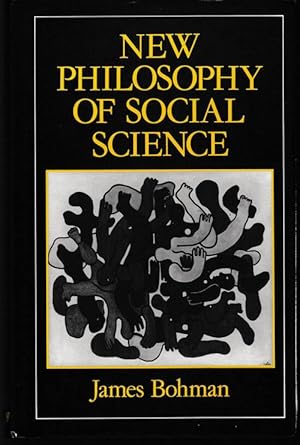The main argument of this book is that social phenomena are shot through with indetertminacy and open-endedness, and that explanations in research programmes should find ways to deal with the problems that indeterminacy raises. It aims to provide a synthetic treatment of the main issues of the philosophy of social science from a post-empiricist perspective, including causality, rules, interpretation, holism, and social criticism.
Recent philosophy of science has concentrated on the practices and histories of scientific disciplines rather than focusing on confirming the validity of scientific knowledge.
New Philosophy of Social Science examines how such an approach might be applied to the social sciences. Its starting point is three recent social science research programmes: rational choice theory, ethnomethodology, and the theory of communicative action.
The book considers many basic problems of the social sciences including the nature of causality, rules, interpretation, and social criticism and provides extensive discussion of current debates. Each problem is solved by reconstructing successful explanations within the research programs, and each reconstruction is presented as a ′pattern′ of explanation.
